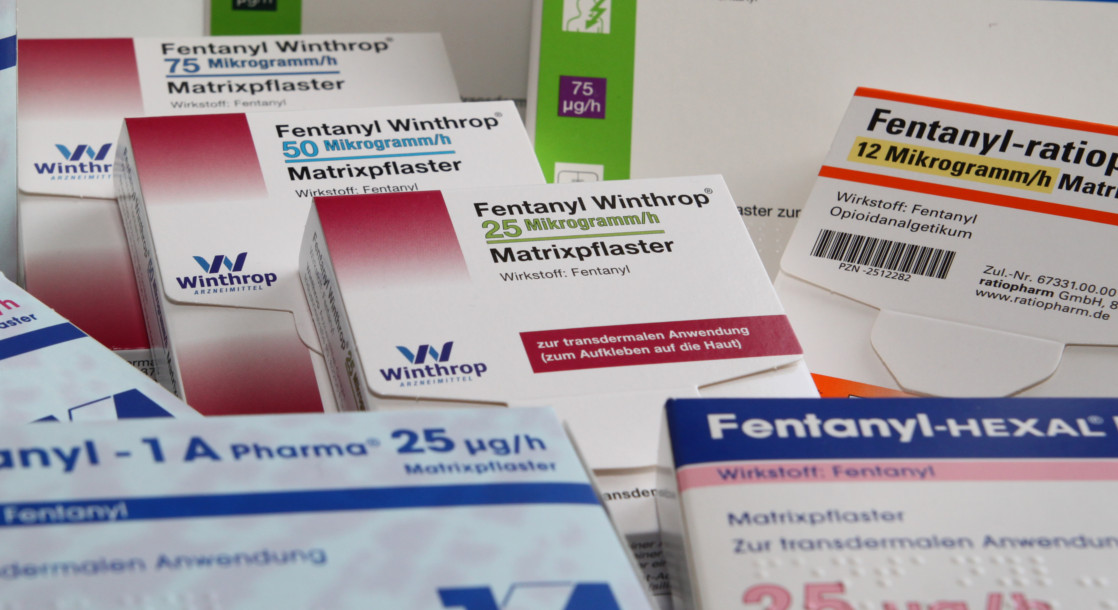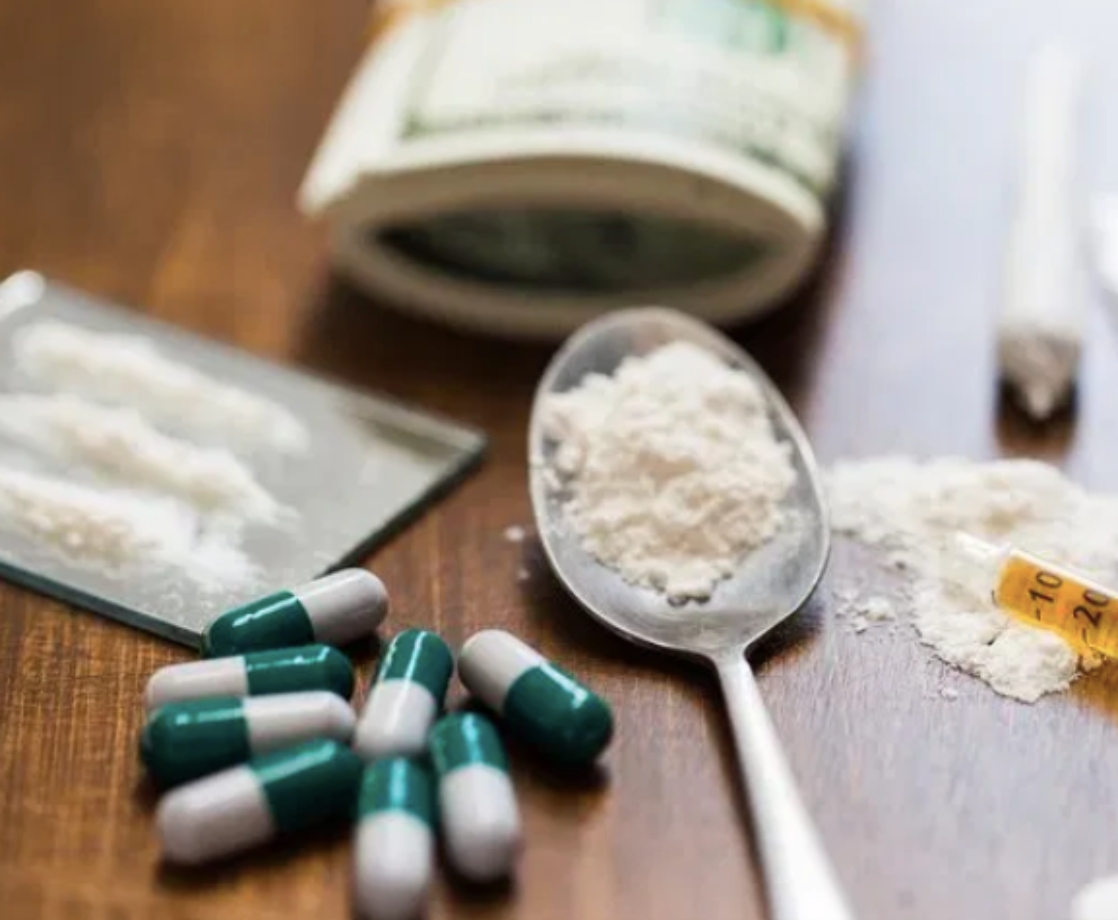Arizona Attorney General Mark Brnovich is charging a local pharmaceutical company of using deceptive marketing practices to boost their profits at the cost of public health. Brnovich filed a lawsuit in Maricopa County Superior Court, which accuses Insys Therapeutics of deceiving patients, doctors, and insurers in regards to the safety of their product Subsys, a spray-on version of the dangerous opioid fentanyl.
“Insys lied to insurers, concealed key facts from doctors and patients, and paid doctors sham ‘speaker fees’ in exchange for writing prescriptions, all in order to increase the sales of Subsys, without regard for the health and safety of patients,” the suit alleges. “Insys made hundreds of millions of dollars from its deceptive scheme, but also put countless patients in harm’s way, exposing them to unacceptable and unnecessary risks of addiction and death.”
According to Brnovich, the FDA only approved Subsys to manage “breakthrough pain in cancer patients 18 years of age and older who are receiving and tolerant to around-the-block opioid therapy for their underlying persistent cancer pain.” The drug is not authorized for use for other ailments like migraines or post-operative pain, and the FDA issued strong warnings that fentanyl can cause the deaths of patients whose bodies aren’t opioid-tolerant already. The lawsuit claims Insys ignored these guidelines in order to increase sales of their drug.
The lawsuit also accuses Insys employees of altering the patient information that doctors provide to insurers to make it appear that a prescription for Subsys was appropriate, when in fact it was not. Brnovich said that these employees falsely claimed that patients were suffering from cancer and “breakthrough pain.” The employees also allegedly told insurers that they were calling from a doctor's office “when in fact they were calling directly from Insys.”
The AG also said that “speaker fees” paid to individual doctors by Insys were in fact a used as a cover to financially reward doctors who prescribed the most Subsys. Three doctors, who are also being charged in the suit, allegedly went from writing nine Subsys prescriptions a month to 62 prescriptions a month once they started receiving “speaker fees” from the company. “Those startling statistics were no accident,” the attorney general said. “Instead, they were the predictable and calculated results of a scheme operating by Insys both in Arizona and nationwide.”
The attorney general has asked a judge to block the company from engaging in unfair and deceptive acts in violation of the state's Consumer Fraud Act. The lawsuit would force the company to pay restitution to its customers and surrender all profits made as a result of illegal practices. The company has already paid out settlements to several other states that also accused the company of deceptive marketing. Insys paid $4.5 million to resolve a lawsuit brought by the Illinois Attorney General last month, and has also paid $2.9 million to New Hampshire and $1.1 million to Oregon in connection with deceptive marketing practices.
Insys Pharmaceuticals drew controversy in Arizona last year after contributing to a successful campaign to oppose the legalization of recreational cannabis in the state. Last summer, the company gave $500,000 to anti-legalization group Arizonans for Responsible Drug Policy. The company has been advocating against cannabis legalization efforts for years, writing to the DEA back in 2011 to express opposition to decreasing restrictions on naturally derived THC.
This March, the company received approval from the FDA for Syndros, a synthetic formulation of THC not derived from actual cannabis plants. The DEA classified the drug as a Schedule II drug alongside cocaine, morphine, and other dangerous drugs with some medical use, while maintaining the Schedule I classification for natural-grown cannabis. A spokesman for Arizona's legalization campaign said that Insys' opposition to the legalization measure was an attempt “to kill a non-pharmaceutical market for marijuana in order to line their own pockets.”











